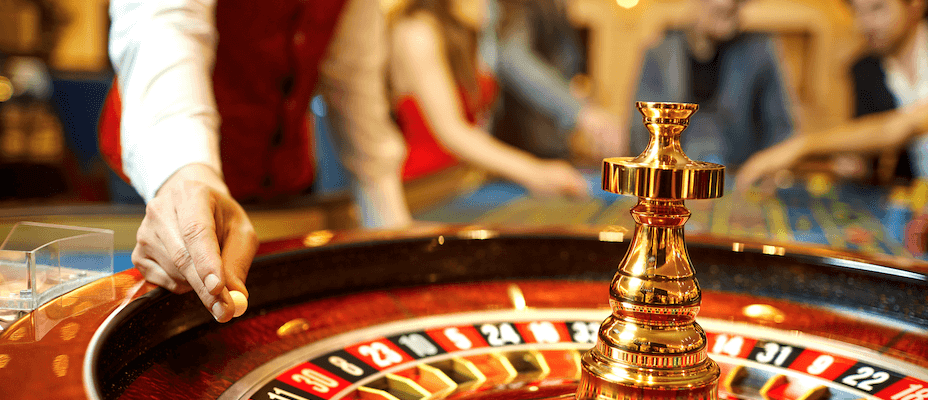Roulette is a fascinating game that people have tried to beat ever since it was invented. Over the years, many have claimed to have created the perfect system to beat the game. Some of them turned out to be fraud, others, useless. But you have to admit, some of them are fascinating. Here are some of the most amazing systems people have invented to beat roulette.
The “Chaos in the Casino” System
The “Chaos in the Casino” system is a complex betting strategy that relies on the idea that chaos theory can predict the outcome of a roulette spin. Advocates claim that by analyzing the physical variables affecting the roulette wheel they can predict where the ball will land.
Why It Doesn’t Work
The “Chaos in the Casino” system falls short because it underestimates the true chaos involved in a roulette spin. The many variables make it impossible to predict the outcome. While it may seem enticing, the “Chaos in the Casino” system lacks the precision needed to gain a reliable advantage.
The Martingale System
The Martingale system is one of the most well-known betting strategies. First used in France in the 18th century, it’s used to this day, even when people play roulette live online.
The idea behind the Martingale is straightforward: after each losing bet, you double the next one to recover your losses and make a profit. With the next winning spin, of course.
Why It Doesn’t Work
The flaw in the Martingale system lies in the assumption that players have an unlimited bankroll and that there are no table limits. In reality, casinos impose betting limits to prevent players from using this strategy. As a result, the Martingale system can lead to catastrophic losses when players encounter a losing streak.
The D’Alembert System
The D’Alembert system is a betting strategy based on the concept of balance or equilibrium. Players using this system increase their bet by one unit after each loss and decrease it by one unit after each win. The idea is to return to a balanced state, where wins and losses even out over time.
Why It Doesn’t Work
Unfortunately, the D’Alembert system is flawed because it assumes that wins and losses will eventually balance out in the long run. In reality, roulette outcomes are entirely random, and there is no guarantee that a string of losses will be followed by a series of wins. This system can lead to losses without any significant gain.
The Labouchere System
The Labouchere system is a more intricate betting strategy. Here, players create a sequence of numbers, typically representing the amount they want to win. To place bets, they add the first and last numbers of the sequence and wager that amount. If they win, they cross out those numbers; if they lose, they add the amount wagered to the end of the sequence.
Why It Doesn’t Work
While the Labouchere system seems logical, it fails to account for the unpredictability of roulette. Players may find themselves stuck in an endless cycle of adding numbers to their sequence, leading to mounting losses.
The Chaos Theory System
Finally, the Chaos Theory system is another attempt to use scientific principles to beat roulette. It involves tracking and analyzing past results to identify patterns and predict future outcomes.
Why It Doesn’t Work
Roulette outcomes are completely random. The result of each spin is completely independent from any other. This makes it impossible to predict results based on past spins.
The allure of beating roulette has captivated many. The reality is, in turn, that roulette is a game of chance where each spin is independent of the previous one, so it can’t be predicted. While these systems may seem intriguing, none of them can provide an advantage over the house. Roulette remains a game best enjoyed for its excitement and entertainment value rather than as a reliable source of income. Always gamble responsibly and be aware that the house edge in roulette is there for a reason.
